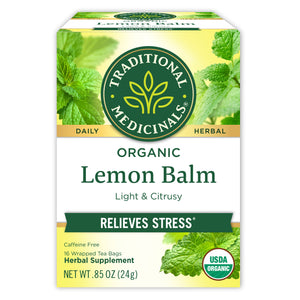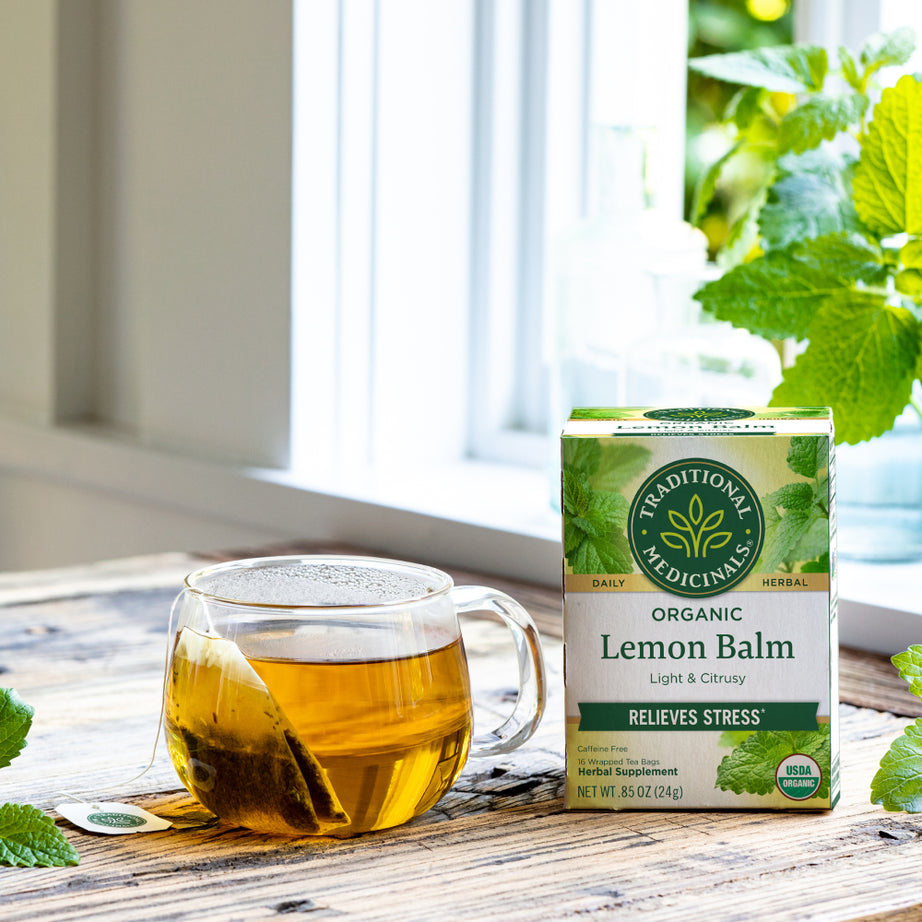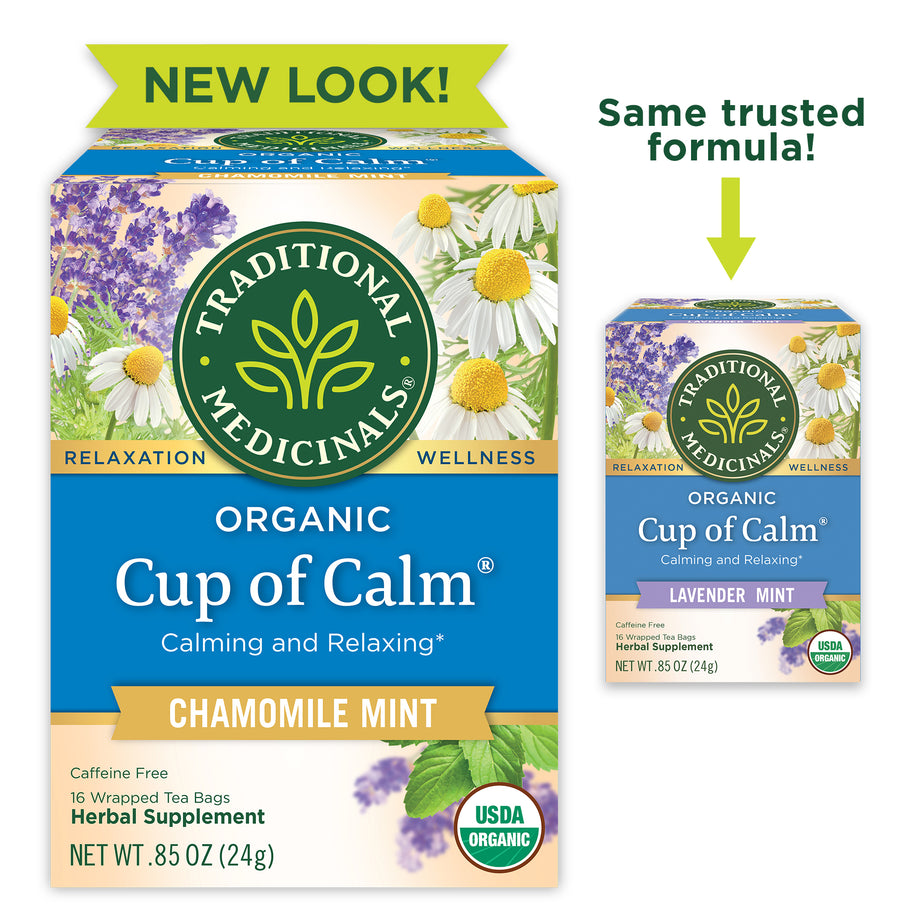In fact, chamomile’s appley aromatics first gave the herb its common name, derived from the original Greek chamaimēlon, or “earth-apple.” Ancient cultures were the first to sing the herb’s praises. The ancient Greek physician Dioscorides and naturalist Pliny the Elder prescribed it, Egyptian women mixed it with crushed rose petals to apply to their skin, and before modern preservation techniques were available, cooks soaked rancid meat in chamomile to mask unpleasant odors. In the Middle Ages, when hygiene was particularly difficult, people scattered chamomile on floors to help repel vermin and pests and to serve as a natural deodorizer. For hundreds of years, farmers have planted chamomile as a cover crop to attract beneficial insects and repel the pesky ones. As resilient to being stepped on inside as it is in meadows, chamomile has rightfully earned a reputation as a hardy and humble flower.

Chamomile 101
Like a humble daisy, the tiny chamomile flower doesn’t claim much spotlight, but its impact on herbal medicine and folklore is undeniable and enduring. For many people, a simple chamomile tea may be their first introduction to herbalism, used in many households to promote everything from relaxation to healthy digestion.* And with good reason: chamomile is rich in azulene, a beneficial compound in the essential oil that has worked its herbal magic throughout history for a variety of uses. Despite its seemingly humble demeanor, it is one of the most trusted plants in herbalism today. We feature it in several of our teas but showcase it center stage in our Chamomile tea and our Chamomile with Lavender tea.
There are several species of chamomile, but at Traditional Medicinals (TM), we use German chamomile (Matricaria recutita). A member of the Asteraceae (or daisy) family, German chamomile is composed of white daisy-like petals and yellow composite disc florets. Found in populated areas and temperate climates, it can stand up to 24 inches high in full sun. We source some of our favorite chamomile from the sunny fields of Poland and from fertile, Fair Trade-Certified™ farms of Egypt’s Nile River Valley. Here, harvesters gather the plant with large metal combs, designed to pick the flowers alone, thereby isolating the most medicinal source of the plant from the leaves and stems. TM is one of the rare tea companies to only use the chamomile flower itself, which gives our tea an especially fragrant, honeyed apple character and helps us reach higher levels of azulene to achieve the pharmacopoeial-grade herbs we seek.

These folkloric uses undoubtedly stem from the plant’s soothing and calming properties. Throughout history, herbalists and physicians used chamomile for a variety of reasons. The ancient Greeks used it to help address the female reproductive system, the Egyptians used it to mummify bodies, and the Anglo-Saxons considered it one of their nine sacred herbs. By the Middle Ages, monks narrowed in on chamomile’s ability to soothe digestion and calm the nerves,* and herbalists recommend it for those same reasons today. Given chamomile’s popular application for bedtime and relaxation, don’t be surprised if you see beauty experts championing the use of chamomile tea bag compresses to soothe puffy eyes, as well.
With such a wide variety of applications throughout such a wide span of history, it isn’t surprising that chamomile has earned its reputation as a household herb. But sometimes the humble is often taken for granted. The next time you seek a sip of chamomile tea or find it growing in a field, remember to give this tiny yet mighty plant the thanks it deserves.












